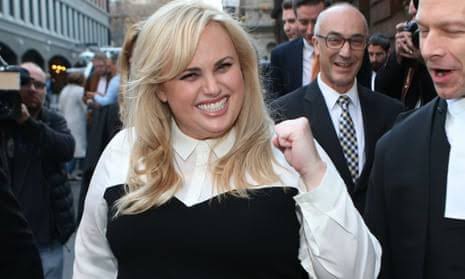A U.S. Bankruptcy Court judge is set to provide reasons for approving Purdue Pharma's settlement plan, related to thousands of lawsuits regarding the devastating effects of opioids.
The settlement compromise requires members of the Sackler family, who own Purdue, to pay as much as $7 billion over time.
Judge Sean Lane recently indicated his endorsement of the plan, which is considered one of the largest opioid settlements to date. Unlike many previous agreements, it will compensate some victims directly affected by the crisis.
Distribution of Funds to Address Crisis
The Sacklers’ agreed payment over the next 15 years will chiefly fund the overall settlement, with the majority intended for state, local, and Native American communities combating the opioid epidemic. Approximately $850 million will also support individual victims, including children experiencing opioid withdrawal symptoms.
Individuals suffering from addiction or those with loved ones who died must validate their OxyContin prescriptions to qualify for payouts, potentially receiving between $8,000 and $16,000 based on their duration of use and the number of claimants. Disbursement to individual claimants is expected next year.
Changes in Company Structure
The settlement entails the Sackler family relinquishing ownership of Purdue Pharma. However, this shift may be nominal, as family members haven’t engaged in company management or received financial benefits since 2018. Purdue will transition into a new entity, Knoa Pharma, overseen by a government-appointed board focused on community health.
Additionally, the Sacklers have agreed to abstain from leveraging their name for funding institutions, a practice they previously engaged in extensively. They have also committed to publicly disclosing a wealth of internal documents that reveal how Purdue marketed and managed opioid products.
Notably, unlike prior agreements, the Sackler family will not be mandated to listen to testimonies from individuals impacted by OxyContin.
Closure to a Prolonged Legal Battle
Purdue Pharma sought bankruptcy protection in 2019 as it faced a multitude of lawsuits linked to the opioid crisis. Although a previous settlement proposal was approved in 2021, it was dismissed by the U.S. Supreme Court because it shielded Sackler family members from lawsuits despite not declaring personal bankruptcy.
This new plan allows potential lawsuits against the Sackler family by claimants who opt out of the settlement. During the three-day confirmation hearing recently, minimal objections emerged, though concerns were raised by some self-represented individuals and family members affected by addiction.






















